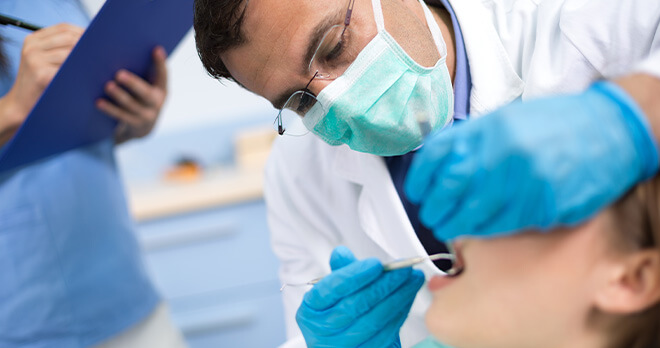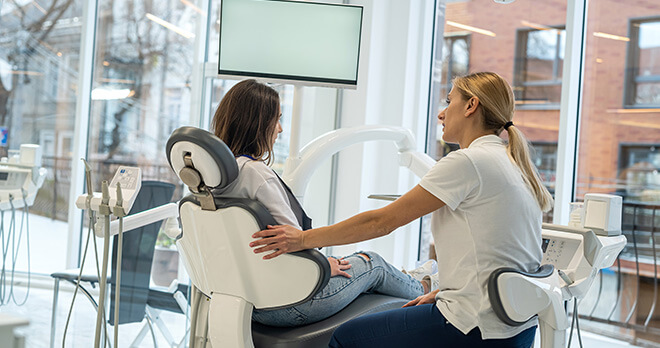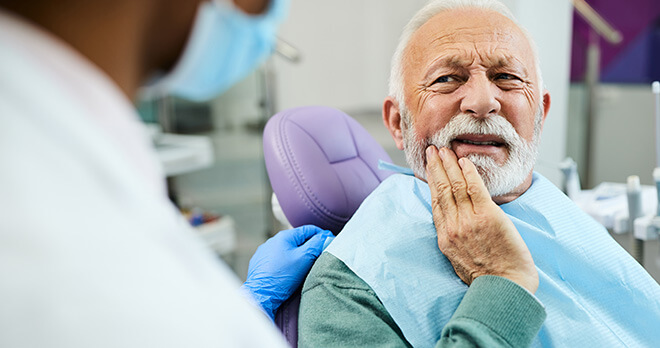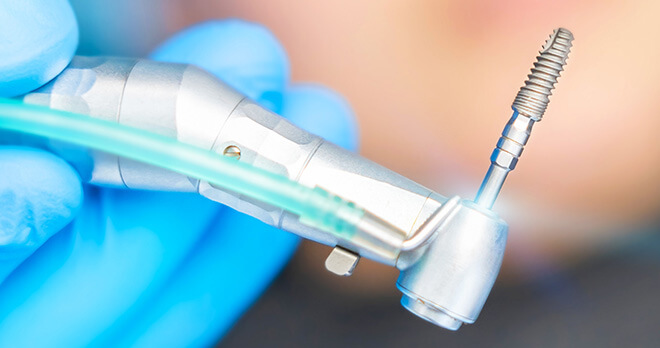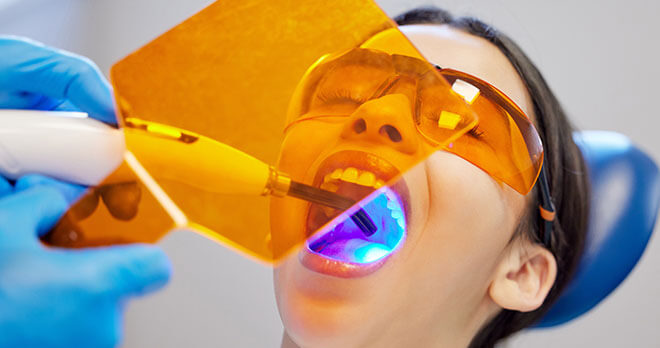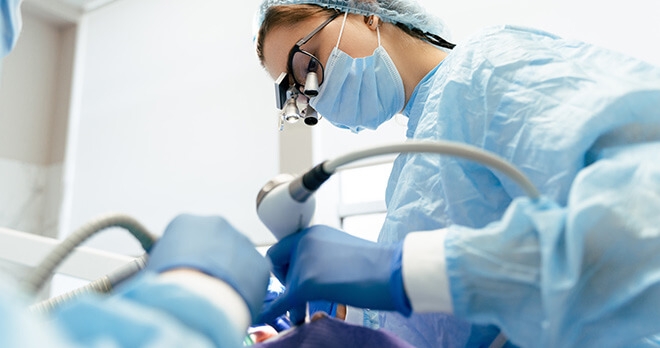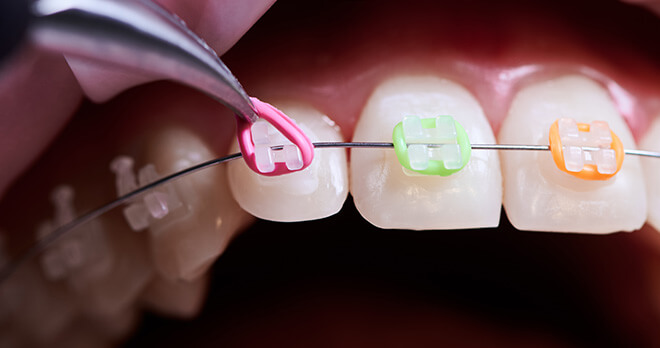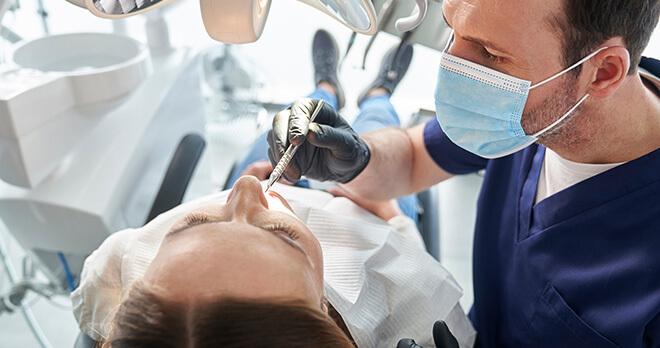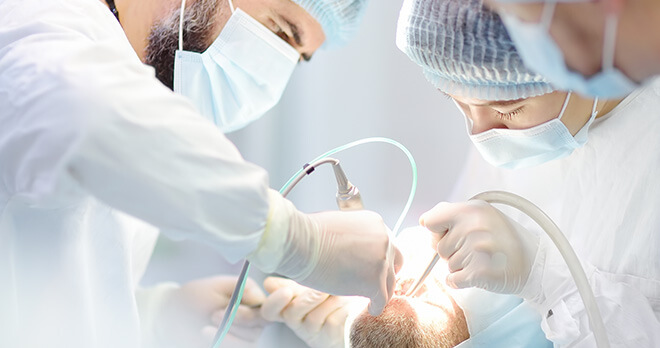Wrong site surgery – wrong tooth extraction.
In May, I wrote about the issue of never events. Pointing out that the extraction of a wrong tooth was no longer on the list of never events. So it was interesting to see that HSIB (Healthcare Safety Investigation Branch) recently published a report looking into a case of wrong tooth extraction. The report that mentions ‘never events’ 77 times, by my count. The thrust of the report is that extracting the wrong tooth is definitely an event that should never happen. The report points out that dental surgery is one of the largest areas of NHS surgical activity in the NHS.
Within the category of the most common wrong site surgery; wrong tooth/teeth removal was the most common between 2015 to 2020 at 189 (my personal feeling is that this is still perhaps under reported). In context though, this is 189 reports out of 82,149 out patient hospital tooth extractions, 25,000 operations in children aged between 5 to 9 and 179,000 extractions in children up to 9 in general dental practices. Thankfully, the evidence suggests that wrongful tooth extractions are rare but certainly more frequent than ‘never’.
What triggered the report?
A 7 year-old girl was referred to a Trust by her dentist for the extraction of her LLE. Dental professions use a notation system for describing teeth. Well, actually they use 3 systems, alphanumeric, FDI and Palmer which does cause confusion for laymen, like me, but should be obvious to any dental professional. In this instance, the LL stands for Lower Left and the E would indicate the fifth tooth on the left counting from the front. In adults the fifth tooth would be labelled number 5 and the E indicates that the tooth is still a deciduous (commonly known as a milk) tooth. Simple.
The LLE was in fact extracted successfully and because a treatment plan was in place with the Trust she was to return for further treatment. The trust planned the extraction of her UR6 and UL6 (upper right and left 6th teeth) and the extraction of her LLD (her Lower Left fourth milk tooth) along with some coating of the LL6 and LL5.
What happened in fact that that the LL5 was wrongfully extracted. This was her adult tooth and so the extraction was effectively worse because no further tooth would erupt to replace it. The error was discovered very quickly, the extracted tooth re-implanted, and the correct adjacent tooth re-implanted. However, an investigation was carried out by HSIB to understand the implication of this event on people and services across the healthcare system. The conclusion of the very thorough and detailed report was:
“HSIB recommends that NHS England and NHS Improvement should review the Never Events policy and framework and include content to explicitly define the criteria that need to be satisfied for any control to be considered a ‘strong systemic protective barrier”.
Having sent the report to NHS England and NHS Improvement HSIB received the response:
“NHS England and NHS Improvement has reviewed ‘wrong tooth extraction’ against the criteria for a Never Event (as set out in the Never Events policy and framework) and, after due consideration, has removed it from the list of published Never Events with effect from 1 April 2021”.
In effect then, NHS England and NHS Improvement will do nothing about the recommendation because it is now “motivated by the need to focus investigations where is can be most effective rather than any immediate patient safety concerns”.
What can you do?
Extraction of the wrong tooth is clearly not an immediate concern for NHS England. This may be because any litigation which occurs as a result of this type of event will involve the dental practitioners professional indemnity rather than the NHS itself. However, the fact remains that should this happen to you the only recourse is to litigation.
You may be thinking that the little girl in question will be alright. Her tooth was re-implanted. In follow-up appointments it was found to be satisfactory although she was experiencing pain. However, expert evidence could potentially conclude that that tooth is now more likely to need extracting in the future as a result of the wrongful extraction. This would leave her facing the need for an expensive implant and treatment cycles for life. This following an event that never should have happened.
Got a question?
You can call the team on 0800 923 2080 or message them to understand more about you potential compensation claim for dental negligence. We will get back to you at a time that is convenient to you.
Common claim types
Insights and opinions
View more articles related to Cosmetic dentistry, Crowns and bridges, Dental implants, Dental nerve damage, Extractions, Gum disease, Information, Mouth cancer, Orthodontics, Root canal treatment, Tooth decay and Wisdom teeth
